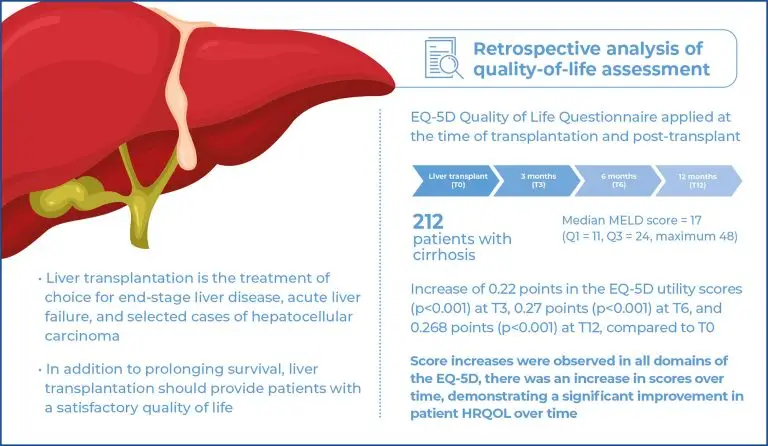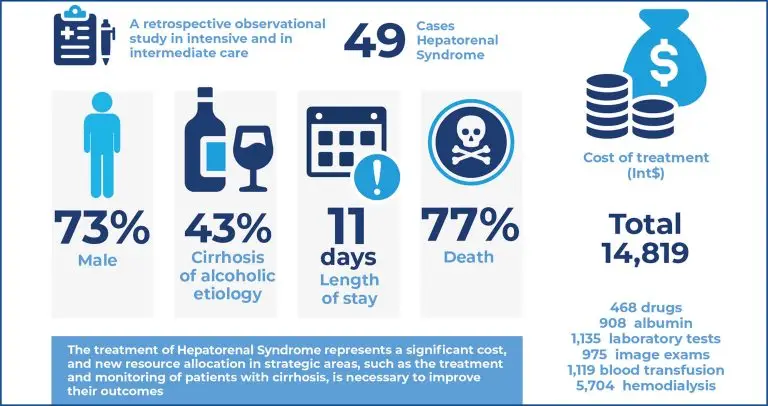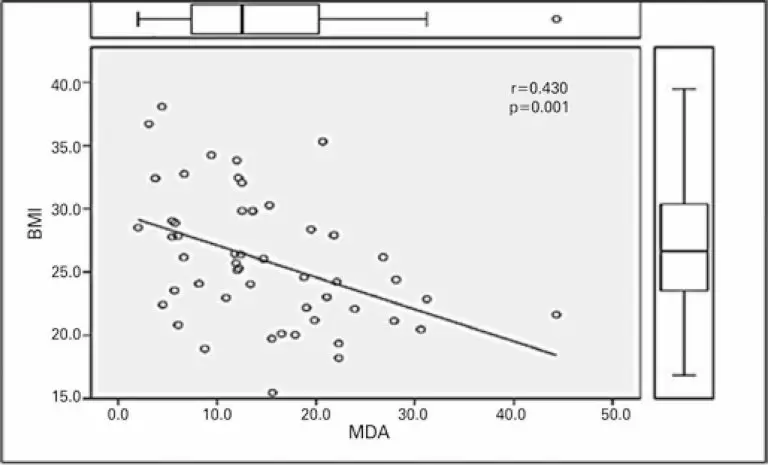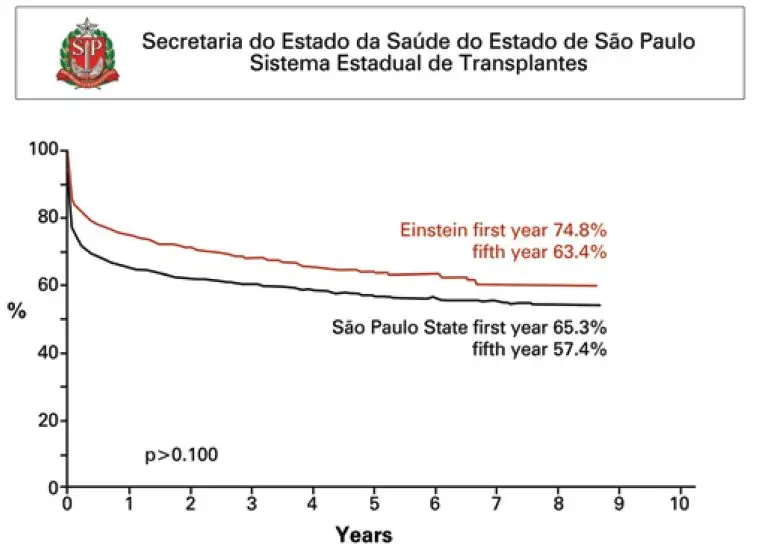28/Mar/2025
Impact of liver transplantation on the quality of life of a cohort of high-risk recipients
DOI: 10.31744/einstein_journal/2025AO0565
Highlights ■ Liver transplantation improves health-related quality of life in patients with cirrhosis and high MELD scores. ■ Significant health-related quality of life improvements occur within three months of transplantation. ■ Multidisciplinary care programs enhance post-iver transplantation physical and mental recovery. ■ Sustained health-related quality of life gains highlight the long-term benefits of liver transplantation. ABSTRACT Objective: To assess the effects of liver transplantation on the health-related quality of life of patients with cirrhosis on the waiting list for transplantation. […]
Keywords: Alcoholism; Health status; Liver cirrhosis; Liver transplantation; Morbidity; Quality of life; Surveys and questionnaires; Waiting list
28/Mar/2025
Hepatorenal Syndrome: direct treatment costs and characteristics of patients admitted to intensive care
DOI: 10.31744/einstein_journal/2025GS0390
Highlights ■ The treatment of Hepatorenal Syndrome places a huge economic burden on healthcare systems. ■ Cost analysis studies of Hepatorenal Syndrome management can help to rationally allocate resources in healthcare. ■ Timely diagnosis and management of Hepatorenal Syndrome may reduce mortality, resource utilization and costs. ABSTRACT Objective: The purpose of this study was to describe the direct medical costs incurred in Brazil for the treatment of Hepatorenal Syndrome in intensive care and intermediate therapy care units, and to investigate […]
Keywords: Brazil; Cost of illness; Direct service costs; Health care costs; Health care economics and organizations; Hepatorenal Syndrome; Liver cirrhosis; Multiple organ failure; Septic shock
09/Dec/2019
Correlation between nutritional assessment and oxidative stress in candidates for liver transplant
einstein (São Paulo). 09/Dec/2019;18:eAO4039.
View Article09/Dec/2019
Correlation between nutritional assessment and oxidative stress in candidates for liver transplant
DOI: 10.31744/einstein_journal/2020AO4039
ABSTRACT Objective To evaluate the oxidative profile, nutritional status and food intake (caloric value; macronutrients; vitamins A, E and C; and zinc), and to correlate oxidative stress with nutritional status in patients who were candidates for liver transplant. Methods This is a cross-sectional, analytical, and descriptive study with 51 candidates for liver transplant. Sociodemographic and clinical data, anthropometric parameters, food consumption, and a 10mL blood sample were collected from each patient. Oxidative stress was analyzed by the thiobarbituric acid method. […]
Keywords: Antioxidants; Eating; Liver cirrhosis; Nutrition assessment; Oxidative stress
01/Jan/2015
Liver transplantation: history, outcomes and perspectives
DOI: 10.1590/S1679-45082015RW3164
In 1958 Francis Moore described the orthotopic liver transplantation technique in dogs. In 1963, Starzl et al. performed the first liver transplantation. In the first five liver transplantations no patient survived more than 23 days. In 1967, stimulated by Calne who used antilymphocytic serum, Starzl began a successful series of liver transplantation. Until 1977, 200 liver transplantations were performed in the world. In that period, technical problems were overcome. Roy Calne, in 1979, used the first time cyclosporine in two […]
Keywords: Brazil; Immunosuppression; Liver cirrhosis; Liver transplantation/history; Organ preservation; Tissue and organ procurement; Tissue donors





